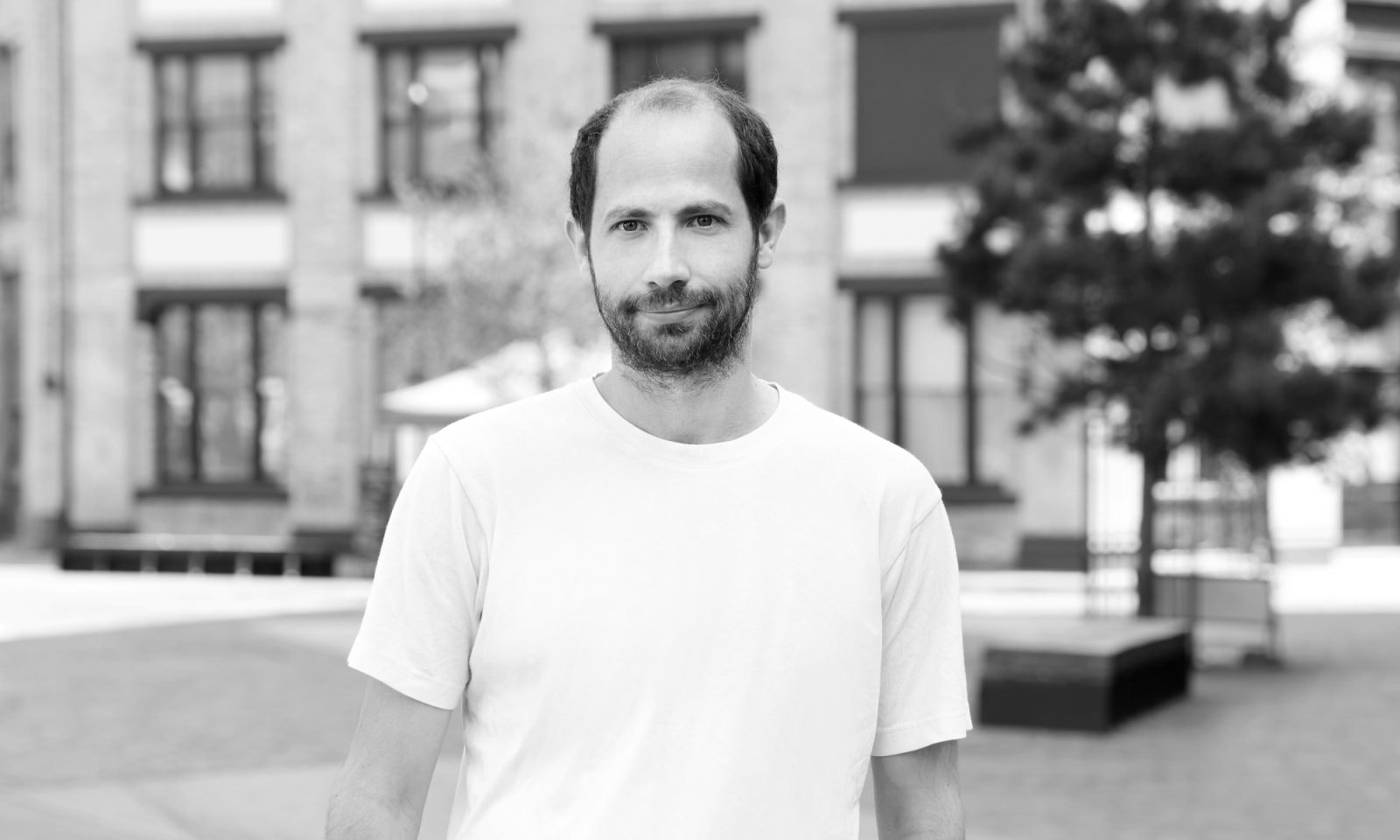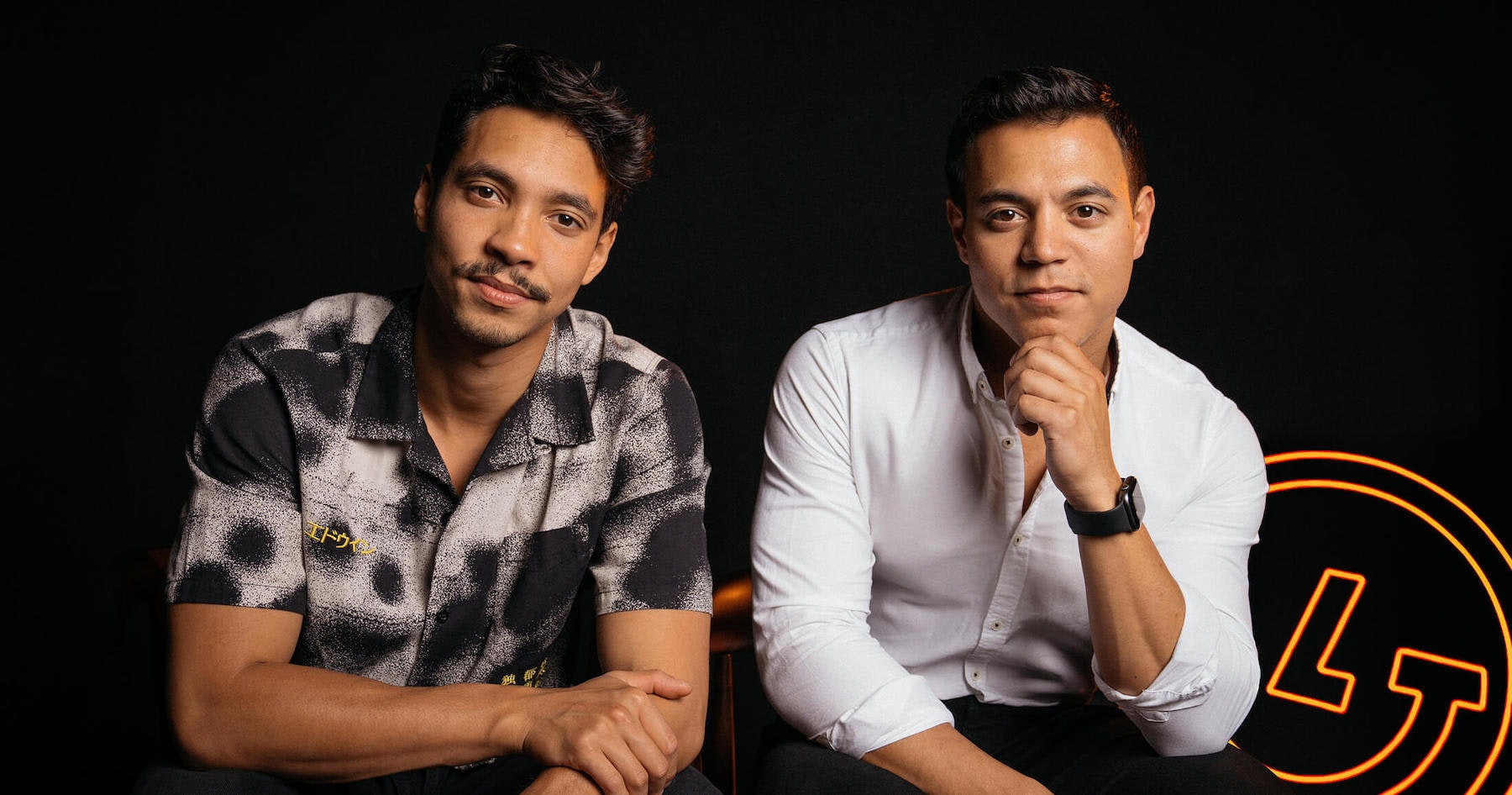The conventional wisdom says Europe long ago lost the social networking battle to US tech giants. But it seems a fistful of French entrepreneurs didn’t get the message.
Defying the odds, France has become a hotbed of social networking apps that have found various degrees of traction and investment by carving out distinctive social experiences that appeal to a younger crowd. Perhaps the most recognised is Zenly, the mapping app that is still going strong more than four years after being acquired by Snap.
But other names have succeeded recently too: Yubo, a social video live-streaming app; Powder, a platform for sharing gaming highlights; and BeReal, an app that promotes greater authenticity by limiting posts to once a day. Two other apps — Mindie and Yolo — saw their stars briefly shine before fading away. Still, through success and failure, the founders have forged bonds by serving as mentors and investors to each other.
These founders say it’s no coincidence that this mini-ecosystem has emerged in France, a country known for being hyper-social in real life. While Facebook and Twitter may not be sweating these insurgents, the founders believe that their success suggests France may be ready to make even bigger noise in this space.
Zenly: the pioneer
“I think it's abnormal that France is not dominating consumer social already,” says Zenly chief executive and cofounder Antoine Martin. “We are some of the most social human beings but we also have the history of craft and design that are often needed to build great consumer social products. It feels very normal to me that France is now on the radar for social consumer apps and I’m only surprised it didn't happen sooner.”
Martin’s company is credited with lighting a beacon for this generation of French social apps. Founded in 2011 by Martin and cofounder Alexis Bonillo, the company wanted to succeed where other mapping and check-in apps had floundered by making the experience more social and seamless. By 2016, it appeared they had cracked the code, raising a total of $33.2m from backers like Xavier Niel, OneRagtime, Eurazeo, Docker founder Solomon Hykes and Benchmark.
[The French] are some of the most social human beings... it feels very normal to me that France is on the radar for social apps and I’m only surprised it didn't happen sooner
In 2017, Snap came knocking just as Bonillo was moving to the US to expand operations. Not only did Snap want to launch a mapping service, but its boss Evan Spiegel turned out to be a major Francophile. Martin recalls walking into Spiegel’s office and gawking at shelves full of books on French history and culture. A deal was eventually made to sell Zenly for about $250m.
Martin is still chief executive of Zenly, which operates as a quasi-independent arm of Snap. According to Apptopia, monthly downloads of Zenly have grown from 1.75m in January 2020 to 4.7m in September this year. (For context, Facebook was downloaded 25.05m times in September.) He’s also become an influential adviser and business angel in the French ecosystem. That includes participating in Xavier Niel’s New Wave Seed fund, launched last year.
“My job is to grow Zenly and that’s what I fall asleep thinking about and what I wake up thinking about and that’s been the same thing for the last 10 years,” Martin says. “Now, when there are ways for me to help the ecosystem grow that don’t require a lot of time or mindshare then I immediately jump in.”
Social video service Yubo emerges
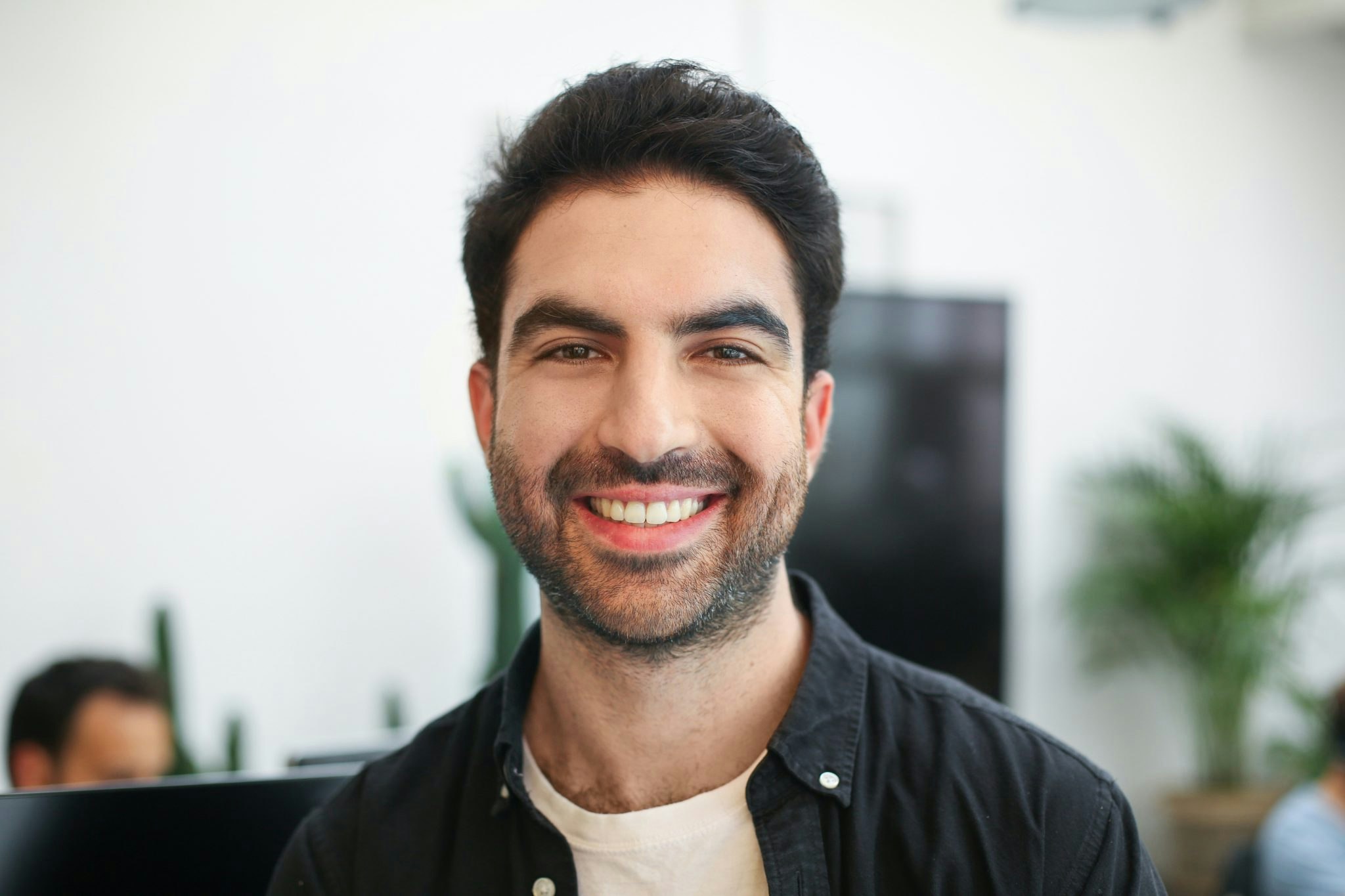
Martin's offer of help was taken up by Yubo cofounder and chief executive Sacha Lazimi, who he acts as an adviser for. Yubo went through several failed versions since Lazimi and co-founder Jérémie Aouate began trying more than a decade ago to design an app that would variously let people send anonymous messages and later find friends on Snapchat. When they finally settled on the present format, a live social video chatting service, engagement and downloads took off.
Last year, Yubo raised a €40m round from VCs. Rather than advertising, the company makes its money from paid subscriptions and in-app purchases. Martin recalls discussing the paid ideas with Lazimi several years ago and strongly advising against it. Lazimi ignored the advice, and Martin is glad he did.
My job is to grow Zenly and that’s what I fall asleep thinking about and what I wake up thinking about
“We had lunch maybe a couple of months later and the company had become profitable,” Martin says. “The app stores have evolved and users have evolved thanks to their subscriptions to Netflix and the fact that they pay on the phone for Uber.”
Yubo has seen its downloads rise from 1.16m in January 2020 to a peak of 1.42m in December last year before slowing down to 864,000 in September this year, according to Apptopia. The company recently introduced a virtual currency — YuBucks — and has 55 million users, according to Lazimi. Yubo’s biggest markets are Canada, the UK and the US, where the company is opening an office for global branding and marketing.
Lazimi says the tight community of social consumer startups in Paris have been essential in getting Yubo this far.
“The people in the consumer space have been there almost 10 years and we’ve been working and speaking a lot together,” he says. “It’s been very helpful to exchange ideas and the issues we face.”
Misfires and second acts
Not all of the French social networking efforts have been basked in glory. For instance, Yolo launched in 2019 and rocketed straight to the top of the UK and US Apple app charts. A year later, it had 10m active users and had raised $8m in funding. In a LinkedIn post from January, the company boasted about being the 8th most downloaded social media app in 2020 in the US: “Thanks everyone for your support, 2021 is going to be Yolo’s biggest year yet!”
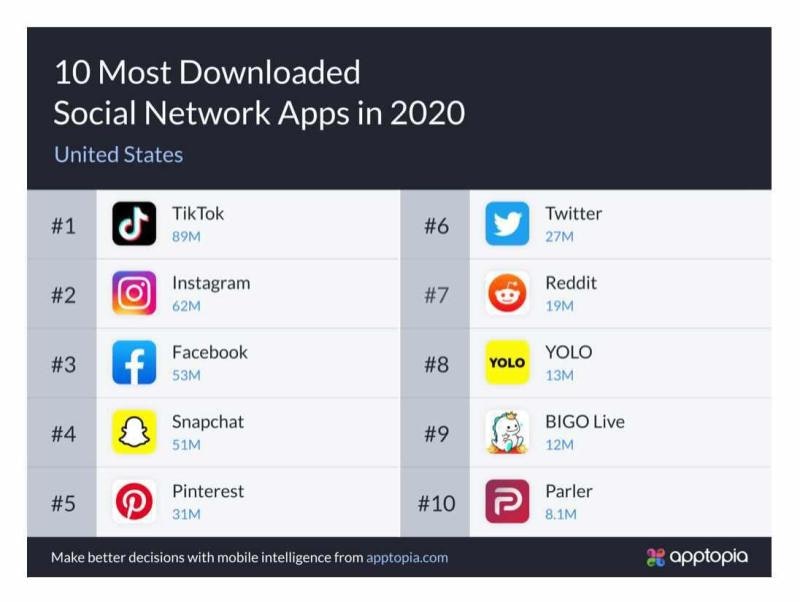
Alas, Yolo also courted controversy.
Cofounded by Greg Henrion and Clément Raffenoux, Yolo let teens post questions on Snapchat and receive anonymous replies. Parents complained that it was enabling bullying and harassment and even filed lawsuits. Earlier this year, Snap cut off Yolo’s access to its platform, effectively shutting it down.
This was the second star-crossed social media journey for Raffenoux and Henrion. In 2013 they cofounded an app called Mindie, which developed a social format that combined short videos and music. The company raised $1.2m from some notable investors such as SV Angels and Pete Cashmore, but also ran afoul of Snapchat rules. Its bigger problem was that it got outfoxed by the app that would eventually become TikTok.
By 2016, Mindie was all but dead, its IP acquired by Shots, an app backed by Justin Bieber. Another Mindie cofounder, Simon Corsin, now works at Snap. The fourth Mindie cofounder, Stanislas Coppin, is back riding the social wave with Powder.
In 2018, Coppin started a new company with three other cofounders: Barthélémy Kiss, Yannis Mangematin and Christian Navelot. At first, the group was in search of a product idea. So they set up a Discord server to test-drive ideas and get feedback. In August that year, they raised a $400k pre-seed round that included money from Kima Ventures and the Zenly co-founders Martin and Bonillo. A year later, they scored a $1.5m seed round with money from General Catalyst and SV Angel, among others.
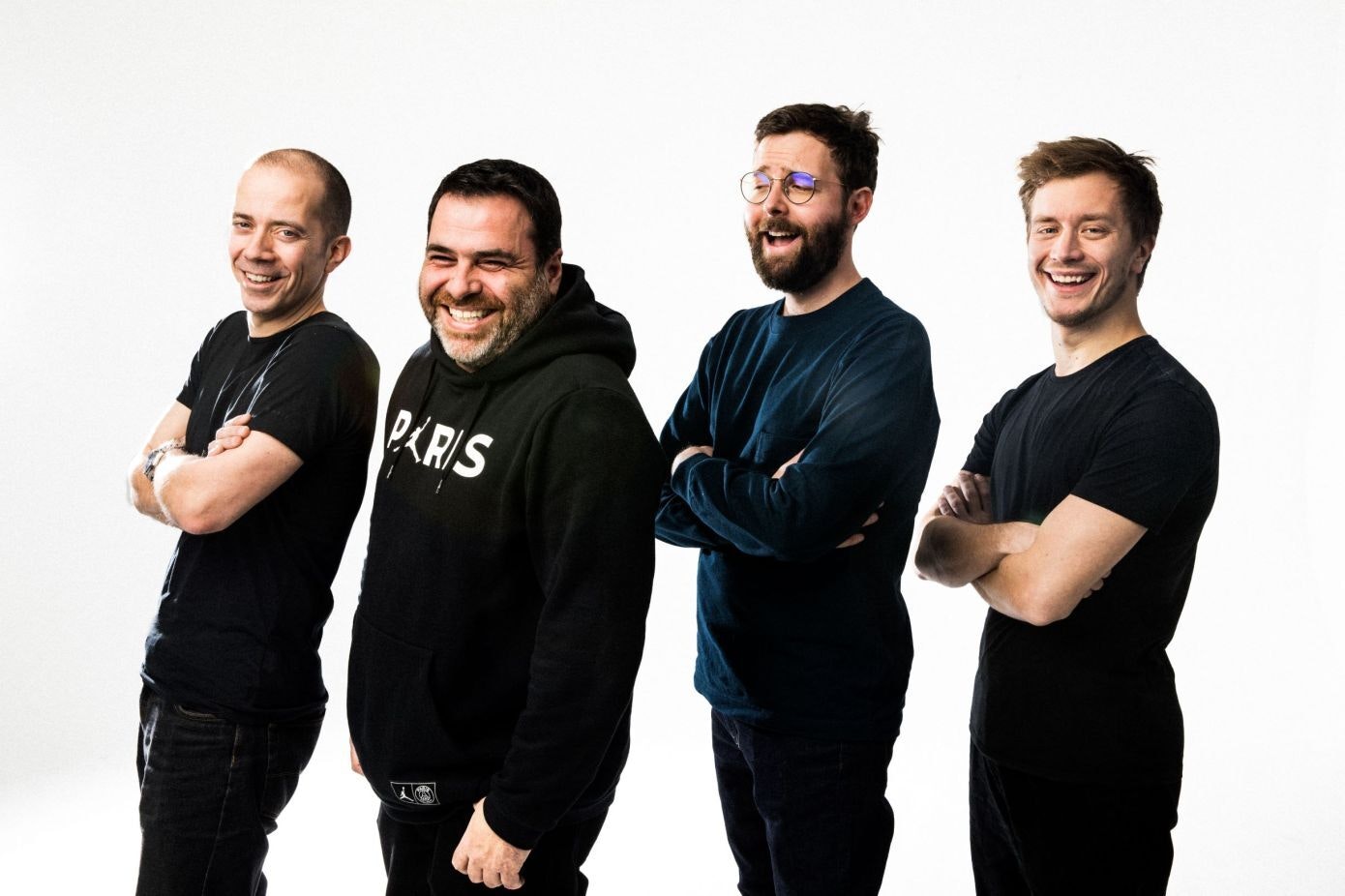
The money bought the team time and resources to attract more than 50,000 members to that Discord server who eventually helped shape Powder’s main product: an app that lets users record, edit and share highlights from their video games. Coppin says that remains the first version of a more ambitious vision.
“Our basic idea is that with Instagram you can share your everyday life and with Powder, you can share your virtual life,” he says. “We believe that in the next 10 years there will be more mega-games and there will be this metaverse that everyone is talking about and they will all be connected. I believe there will be a few very big companies that build the infrastructure, the graphics, and the narratives. What we want to do is build the camera of the metaverse.”
Coppin says he’s been struck by how much easier it is to build a social company in France than it was eight years ago when the Mindie team all moved to the US to get funding. The first version of Powder shipped in April last year when it had 88,000 downloads, according to Apptopia. By February this year, that had climbed to 251,000 and settled to 158,000 in September. The company raised a $14m round in February to help it grow the team and strike partnerships with gaming companies.
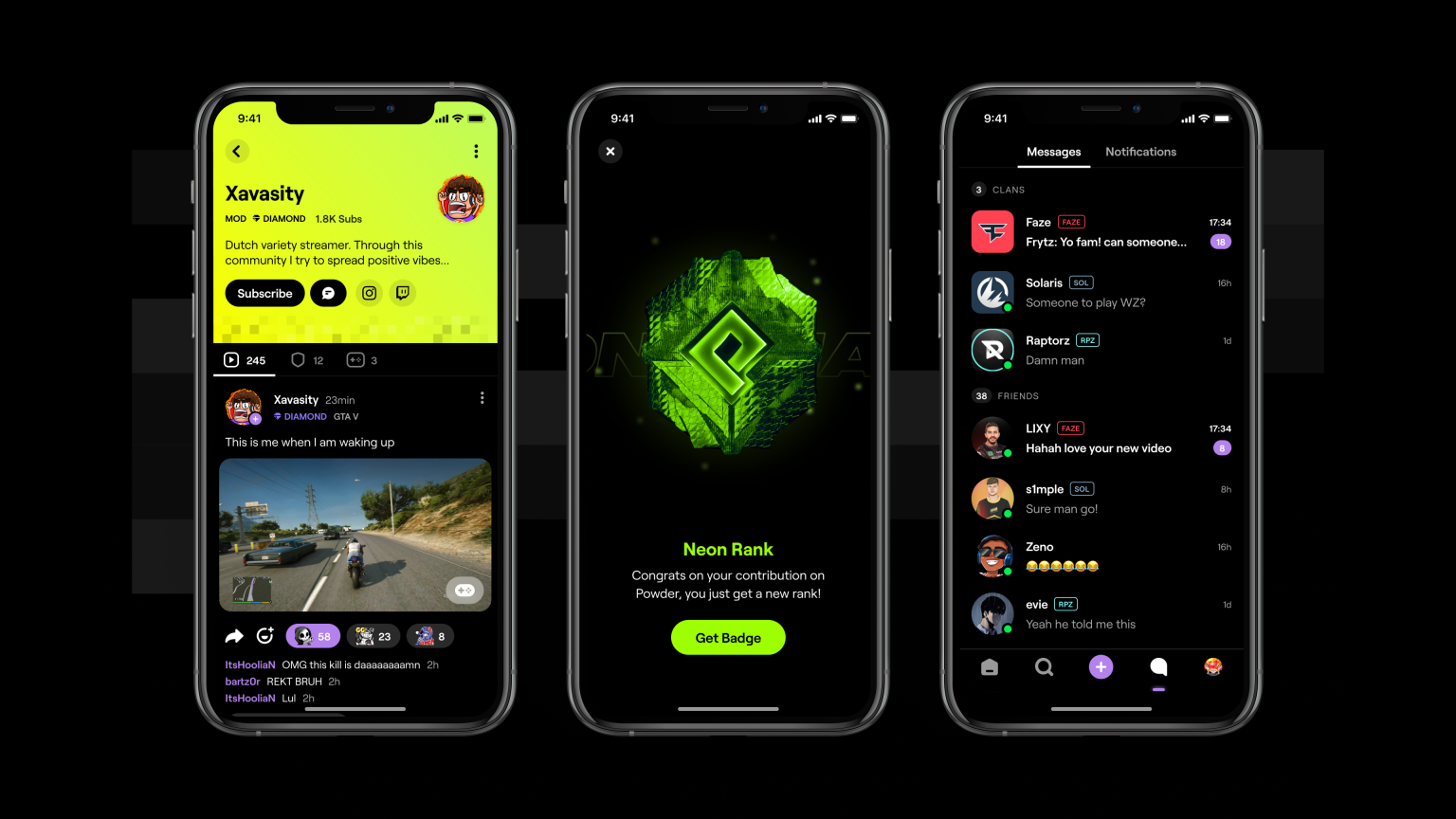
The Fresh Face
Alexis Barreyat had been working as a product manager for GoPro when he was assigned to work with influencers. The work left him increasingly worried about the way people tried to cultivate unrealistic images of their lives on social media.
“Every time I would open Instagram, I would just be filled with ads and influencers and just the perfect life of everyone,” Barreyat says. “My life wasn't as perfect as they were always showcasing. And so that's when I realised I wanted to build my platform. The main idea was to just stay in touch with my friends and discover what everyone was doing in their life.”
Last year, he created BeReal as a kind of antidote. The app sends an alert at a different time each day for a user to take a photo and share it. Users have two minutes to post the photo, so they can’t stage a look or a scene. And to see what other friends are sharing, they have to post their photo.
Every time I would open Instagram, I would just be filled with the perfect life of everyone... my life wasn't as perfect as they were always showcasing
From 233 downloads in January 2020, BeReal has grown to 209,000 in September. And while the company has not confirmed any funding news, it was reported last summer that BeReal had closed a $30m round that includes money from Andreessen Horowitz, Accel and DST.
Barreyat says he spent time studying predecessors such as Zenly, Yubo and Yolo to understand how they managed to progress to a certain level as well as truly global winners such as Instagram. And like those other French founders, he heard plenty of people tell him he should instead be focused on a B2B or SaaS idea.
“When I was pitching this idea, I just knew what I wanted to do,” he says. “And I just did it for me and eventually understood that this product was appealing to more people than I had hoped.”
For Zenly’s Martin, the rise of BeReal validates just how strongly the tide has turned in favour of these French social startups. Even just a few years ago, founders were still being told to come to Silicon Valley if they wanted money. Now, he’s heard stories about US VCs chartering private planes to Paris to chase these deals.
Even if none of these companies are ready to dethrone Twitter or TikTok, Martin says that the momentum, investment and learning are leading to something big.
“We'll see how the next five years unfold,” Martin says. “But I wouldn't be surprised if we see other Zenly-level of successes happening.”
